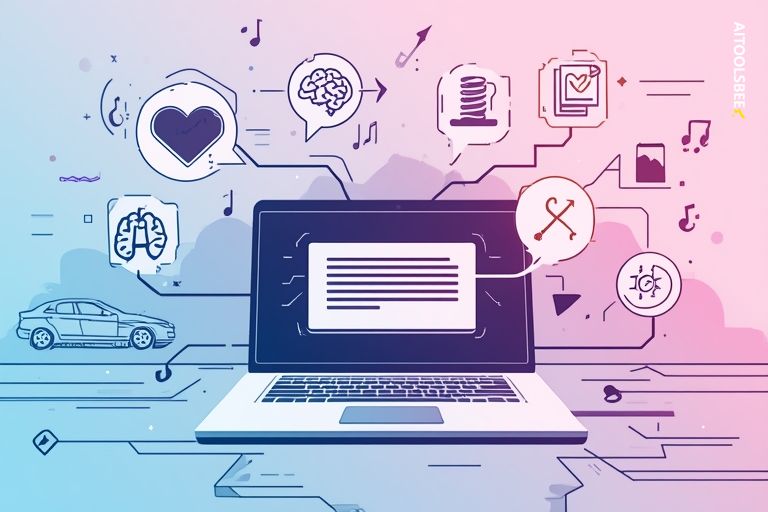
The Human Edge Machines Cannot Replace
In workplaces and classrooms, software now writes essays, creates photos, drives cars and even predicts the next career move, which raises a familiar question about the fate of human skills. The most straightforward answer is no, because current systems excel at pattern recognition, speed and accuracy yet lack imagination, compassion and the ability to think creatively in chaos.
Rather than competing with code, the path to relevance is learning the human skills that machines cannot mirror. A group of 11 qualities highlighted here sits at the center of what sets people apart, shaping identities and decisions as technology evolves.
Among human skills, emotional intelligence remains foundational. Algorithms may comprehend facts, but they do not truly grasp emotions; leadership and teaching still depend on recognizing, understanding and responding to the feelings of others. Practical habits such as listening before interrupting and maintaining eye contact in conversation strengthen this capacity.
Original thinking is another pillar that protects human skills from automation. Systems remix existing ideas from data, but they do not form a fresh concept from instinct, passion or lived experience; the unpredictable spark that leads to a design, invention or paragraph is still a human moment. A simple exercise is to challenge a single assumption and reconsider how you would create it and what else you would add.
In communication, human skills outpace software that lacks body language, tone, timing and emotional nuance. Chatbots may exchange text, but people craft stories, speeches and presentations that connect hearts and prompt action. Clarity, thinking before speaking, brevity and active listening, including asking unresolved questions, improve outcomes.
These human skills cannot be simulated by data-driven reliability alone. Reputation is earned through honesty, transparency, kept commitments and accountability when mistakes occur, which signals dependability to colleagues and communities.
Adaptability and resilience elevate human skills in uncertain environments. People learn from mistakes, whereas systems learn from provided facts; the psychological and emotional capacity to change has supported societies for centuries and remains vital for a successful career. Viewing problems as opportunities, practicing problem solving, embracing change and stepping outside comfort zones help build flexibility.
Critical thinking and ethical improvisation reinforce human skills when information is abundant. Software can deliver facts, but analysis requires examining evidence from many angles and knowing why it matters; refining this skill involves asking questions, comparing viewpoints, breaking down complex situations and reflecting on the reasons behind your own actions. Machines follow instructions, while people apply values such as empathy, justice and cultural understanding; real-world practice, reflective thinking, case-based training and active listening build judgment in changing situations.
Across industries that now use tools for music creation, illness diagnosis, conversation and navigation, companies are reorganizing work around collaboration between software and people, which elevates human skills as a differentiator. In this environment, education providers and employers favor training that blends technical literacy with empathy and ethics, while investors increasingly back solutions that augment rather than replace workers.
The practical conclusion is to pair technological speed with the depth only people offer, since the most resilient advantage is developing human skills that turn information into trust, meaning and progress, which is the direction of enterprise content in the years ahead.

Covers how technological progress is shaping new products and services, delivering clear insights into the fast-evolving AI tools industry.

